How to start a recycling business in South Africa
Are you looking for information on how to start a recycling business in South Africa? If so, you are in luck because we here at Briefly have come up with the complete guide to help you do it. Find out what can and cannot be taken through the process, how to start a recycling business, funding, running the operations efficiently and everything in between.
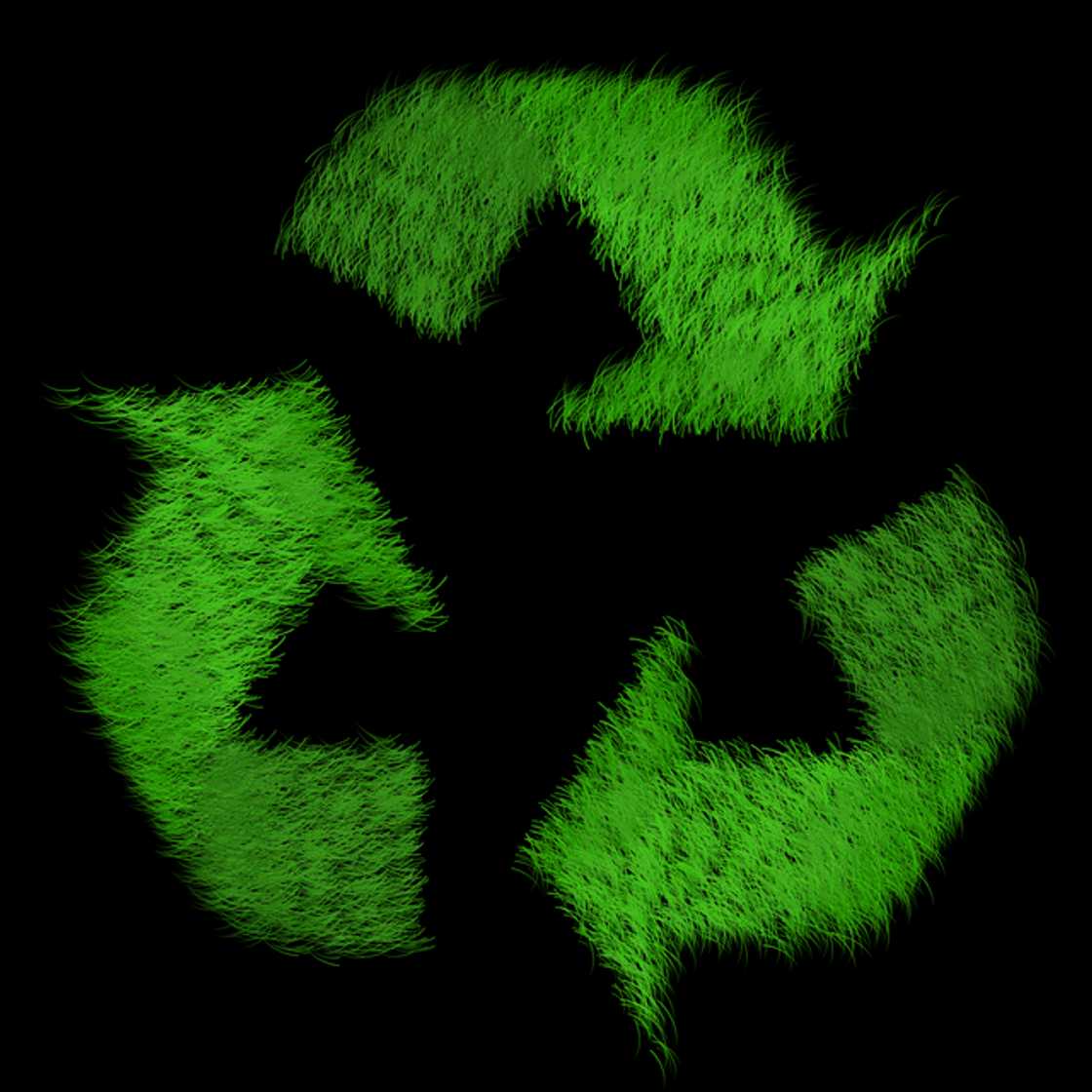
Source: UGC
With climate change and environmental protection becoming more and more of a concern, a lot of people have started taking recycling more seriously. As with everything else, this has resulted in a lot of recycling business opportunities in South Africa. This article helps you get started on that.
What can be recycled list
Before starting out, you should know what you will be working with in your recycling business in order to plan for things such as availability and supply in your area. These include:
- Cardboard and paper – boxes, magazines, phonebooks, newspapers, etc.
- Rigid plastics – these include bottles and Tupperware
- Glass – these include drink bottles
- Metal – these include cans, old pots, etc.

Source: UGC
What can you not recycle?
Items that you are not advised to put in the bin include:
- Loose plastics – these include plastic bags and plastic wraps
- Food items – do not add spoiled foods to the bins
- Broken glass
- Polystyrene foam – these include egg cartons, drinking cups, and fast-food takeout containers. Basically, avoid flexible packaging material.
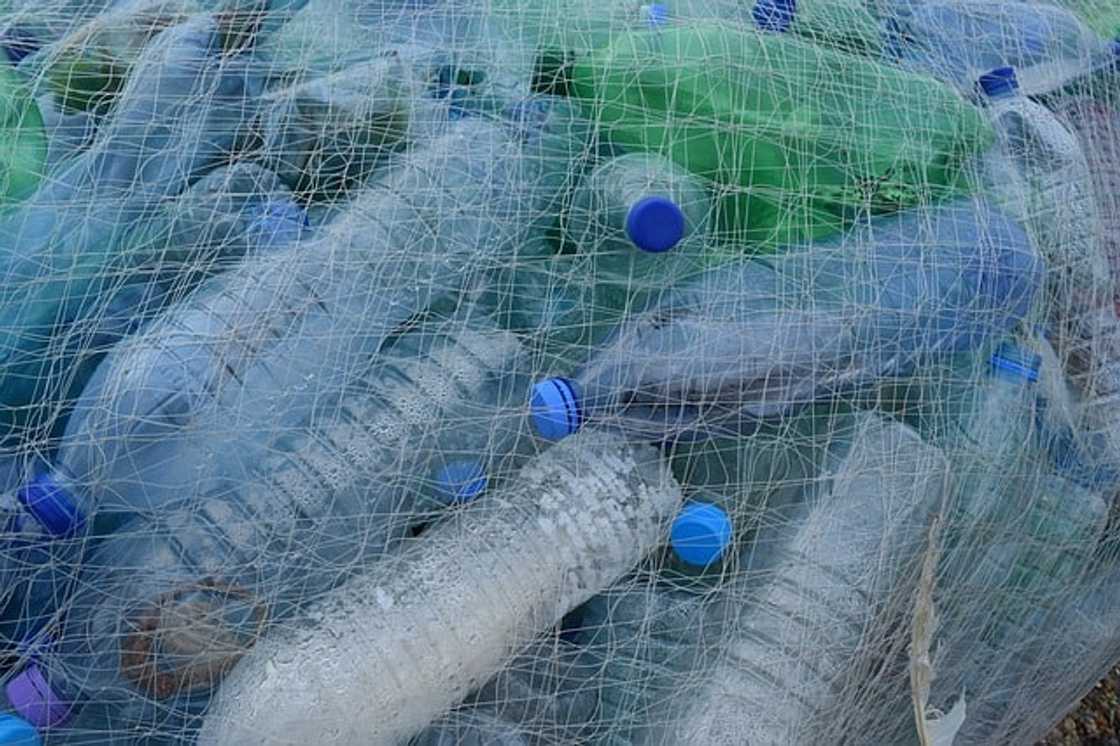
Source: UGC
How do I start a recycling business?
We shall break the process of putting your recycling business plan into 3 steps. They are the following:
- Plotting your roadmap
- Registering with the Companies and Intellectual Property Commission (CIPC)
- Starting operations
READ ALSO: How to start a small business in South Africa without money
Step 1: Plotting your roadmap
You need to have an image of where your recycling business ideas lead you. Here is what you need to do:
1. Identify where to focus
Look around you, find what waste materials are available, then determine which ones are not being disposed of properly. For example, if there is a company already handling paper and glass, try handling e-waste, i.e. discarded electronics.
2. Determine your budget
You need to know how much money you require or are willing to put down to start operations. This includes wages, vehicles, collection tools, etc.
3. Draw up a business plan
This will act as your script. Include your vision, goals, costs of operation, projected earnings, etc.
4. Secure financing
After the budget and business plan, this is where you can opt to seek capital from an outside party. It could be a loan from a bank or a friend, partner, etc. You can also go through organizations dedicated to providing financing such as:
- Small Enterprise Finance Agency (SEFA)
- National Youth Development Agency (NYDA)
- Industrial Development Corporation (IDC)
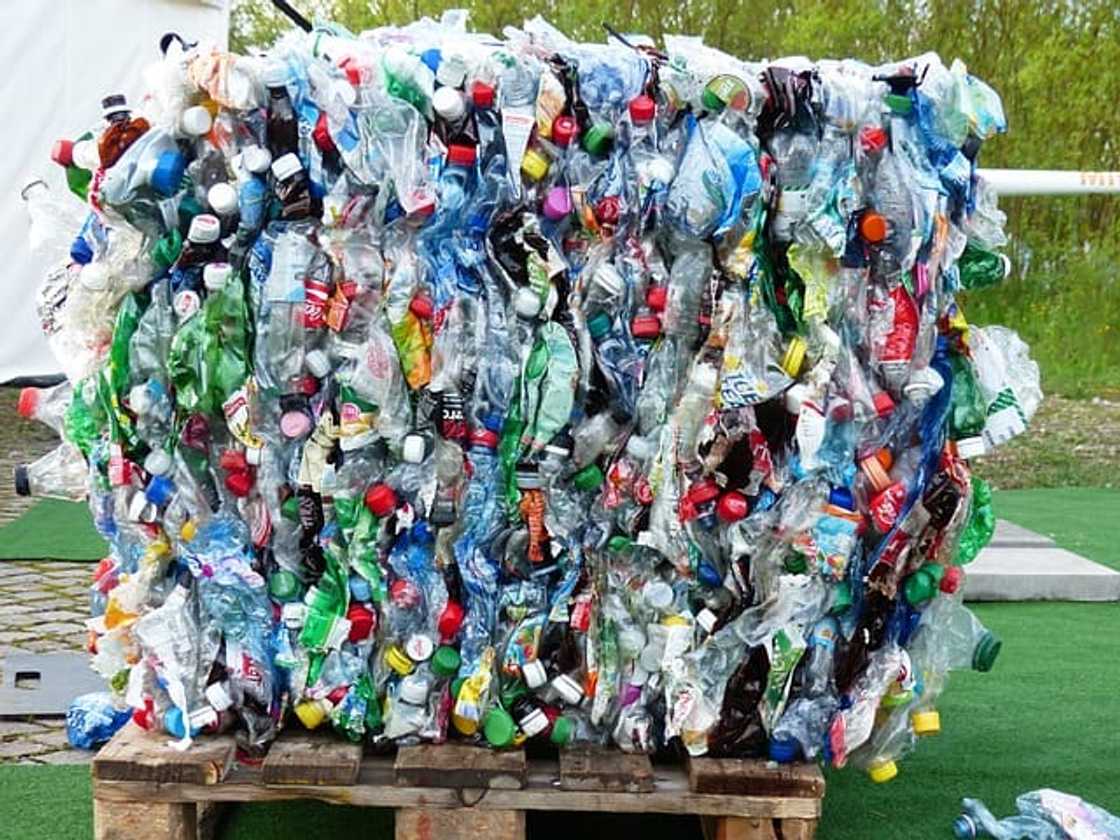
Source: UGC
Step 2: Registering with the Companies and Intellectual Property Commission (CIPC)
This is the part where you complete the legal requirements to begin operations for your recycling business in South Africa. You can register online by clicking this link. This process allows you also to get a license, set up your tax information, apply for permits, etc.
READ ALSO: 75 small business ideas in South Africa that actually work in 2020
Step 3: Starting operations
1. Secure premises
Rent or hire a physical space to serve as your base of operations. Try finding a place that is properly aerated and isolated from major settlements but still easily accessible.
2. Hire workers
You will need some people in different departments such as collection, accounting, marketing, management, etc.
3. Marketing
Spread the word about your new business to the people living around your plant. Tell them that they can safely dispose of their waste at your plant. You can use flyers, business cards, online ads, etc.
4. Get clients
Apart from single homes, you can also seek to work directly with places that have large quantities of waste such as schools, restaurants, shops, hospitals, stadiums, etc. This will allow you to have more of a steady and reliable income.
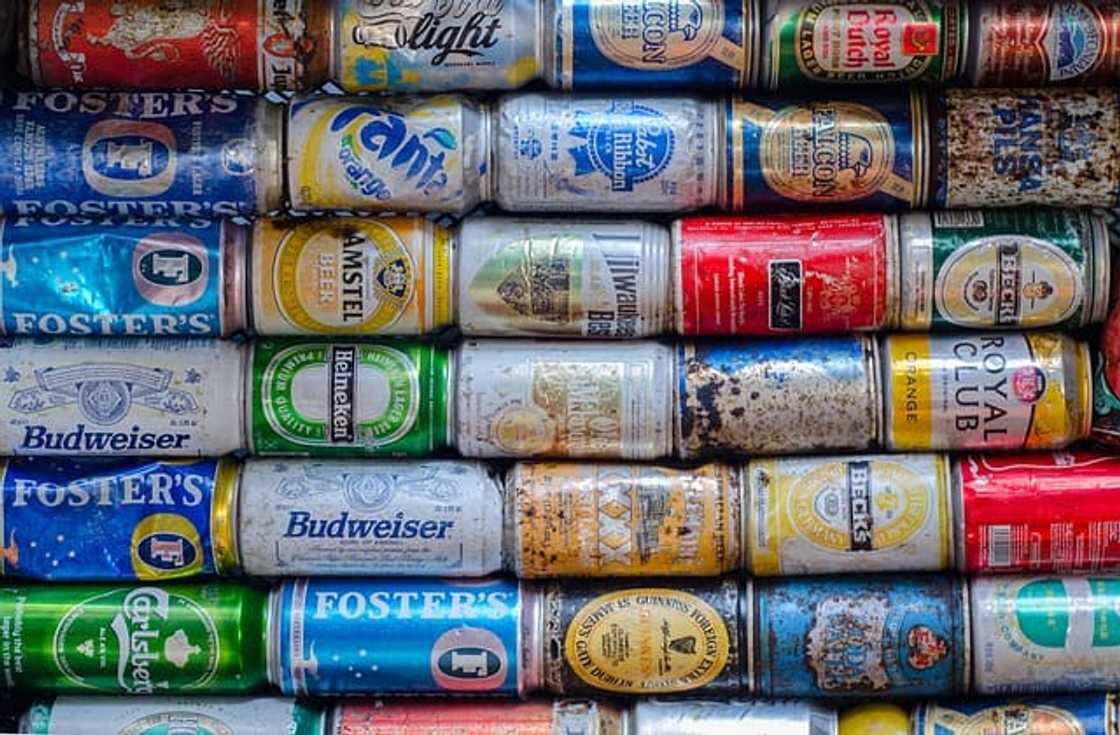
Source: UGC
How much is scrap metal selling for?
Scrap metal prices South Africa as they are being reported right now vary per specific type of metal. They are as follows:
- Aluminum - ZAR7.50 to ZAR20 per kilogram
- Aluminum cans - ZAR1 to ZAR2 per can
- Battery - ZAR15 to ZAR60 per battery
- Brass - ZAR15 to ZAR30 per kilogram
- Cast iron - ZAR3 to ZAR5 per kilogram
- Copper - ZAR25 to ZAR35 per kilogram
- Copper wire - ZAR20 to ZAR65 per kilogram
- Iron - ZAR3 to ZAR5 per kilogram
- Lead - ZAR7.50 to ZAR20 per kilogram
- Mixed brass - ZAR30 to ZAR45 per kilogram
- Mixed copper - ZAR20 to ZAR60 per kilogram
- Mixed steel - ZAR15 to ZAR30 per kilogram
- Stainless steel - ZAR15 to ZAR35 per kilogram
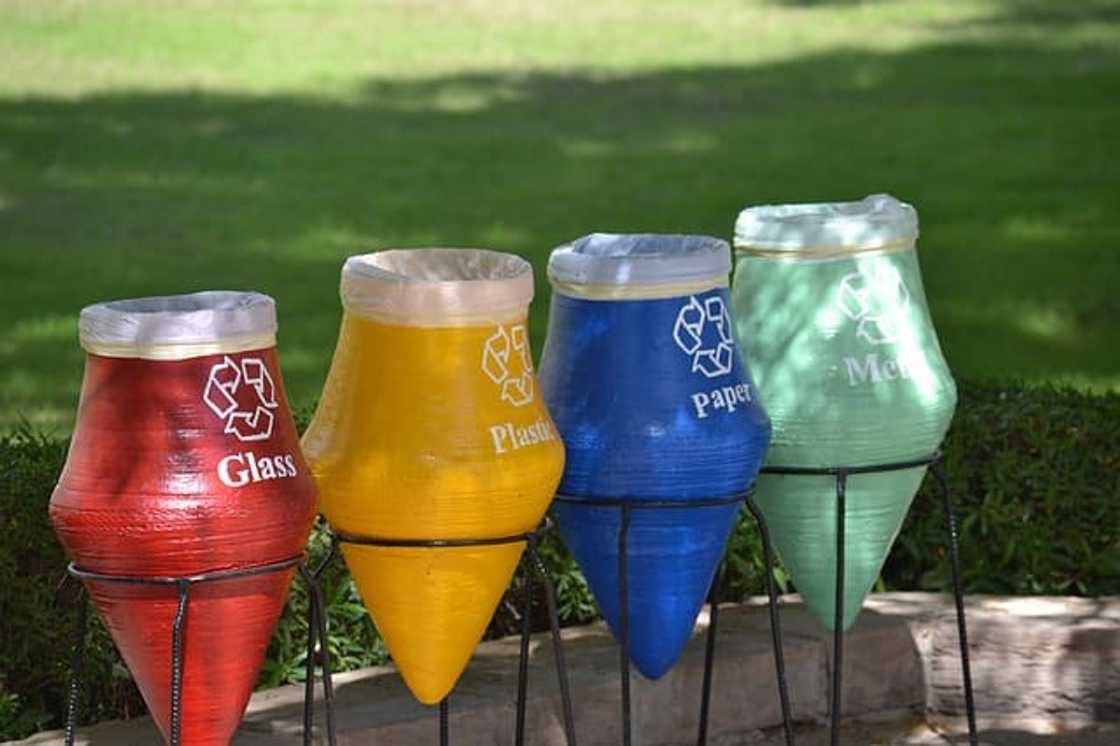
Source: UGC
Now you know more information on how to start a recycling business in South Africa. If you want to find out more, contact the services that offer more support and connections to those just starting. Did you find everything you were looking for? What materials are you thinking of working with? Let us know in the comments section below.
DISCLAIMER: This article is intended for general informational purposes only and does not address individual circumstances. It is not a substitute for professional advice or help and should not be relied on to make decisions of any kind. Any action you take upon the information presented in this article is strictly at your own risk and responsibility!
READ ALSO:
- National minimum wages 2019 in South Africa
- How to trade online
- List of well known South African entrepreneurs
Source: Briefly News





